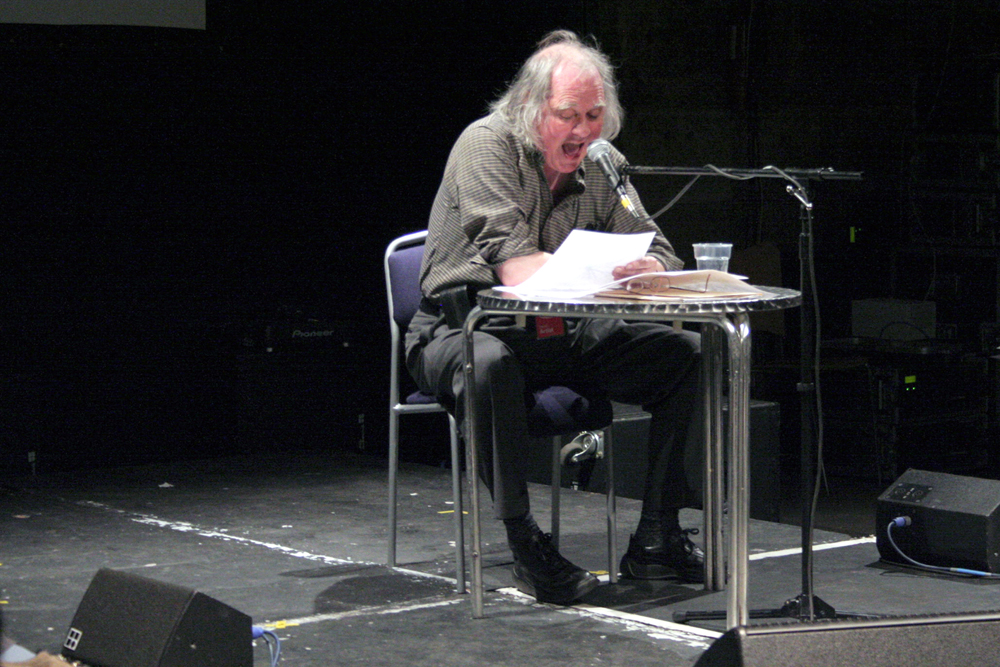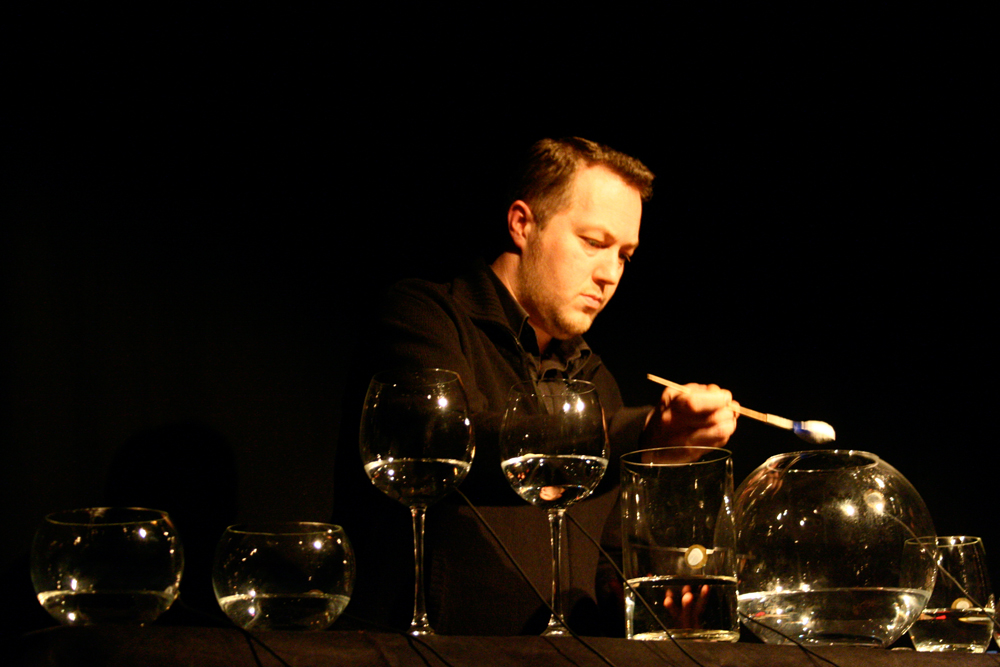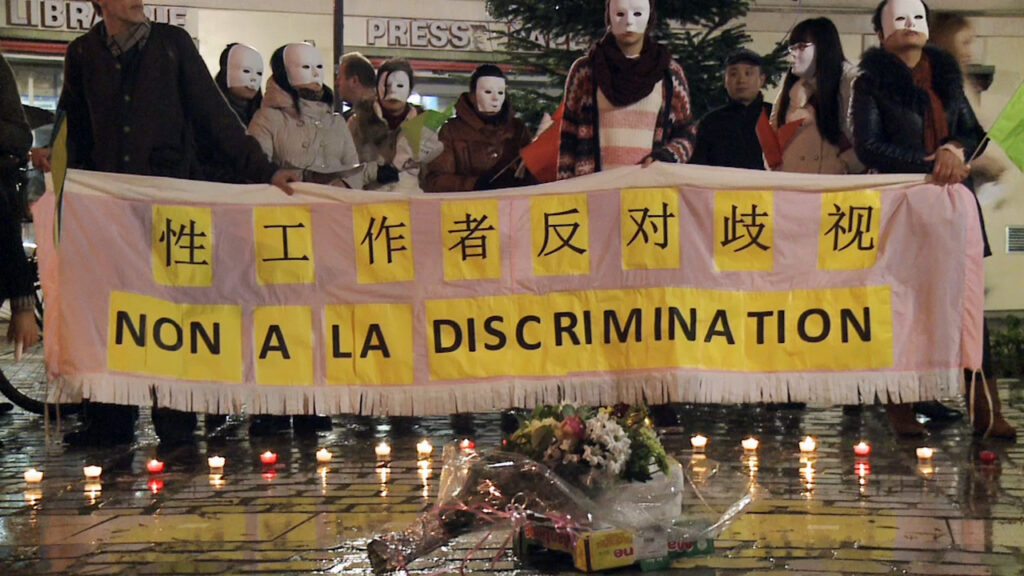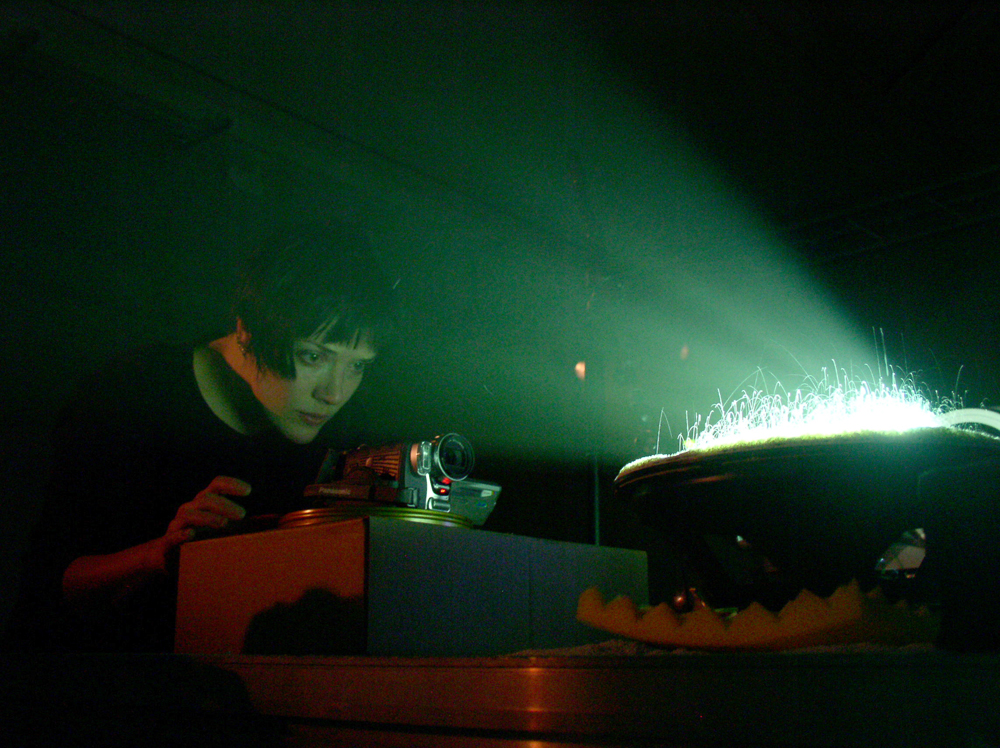
An Unrhymed Chord
Aileen Campbell Eva-Maria Houben Jean-Philippe Gross Jerome Noetinger Klaus Filip Michael Pisaro Neil Davidson Nikos Veliotis Radu Malfatti Seymour Wright Taku Unami Toshimaru Nakamura
From really simple, open instructions, An Unrhymed Chord creates a kind of half-way point between composition and improvisation.













